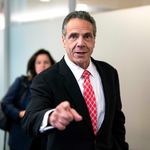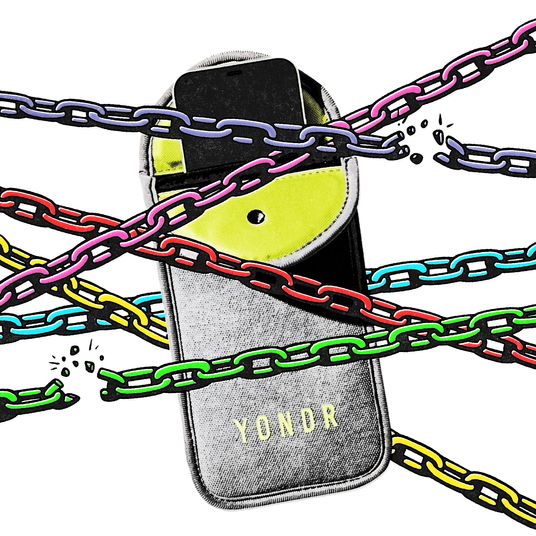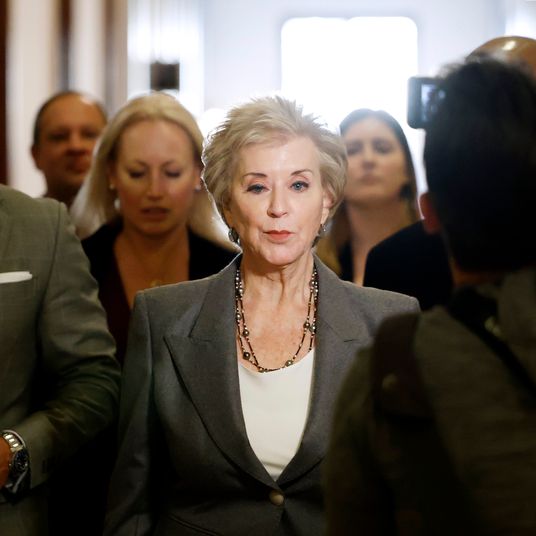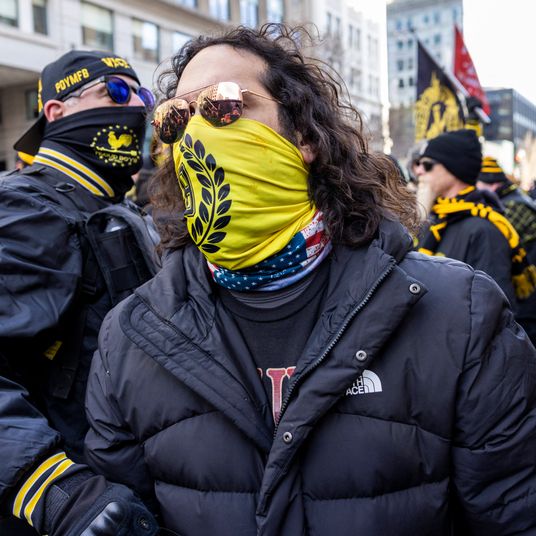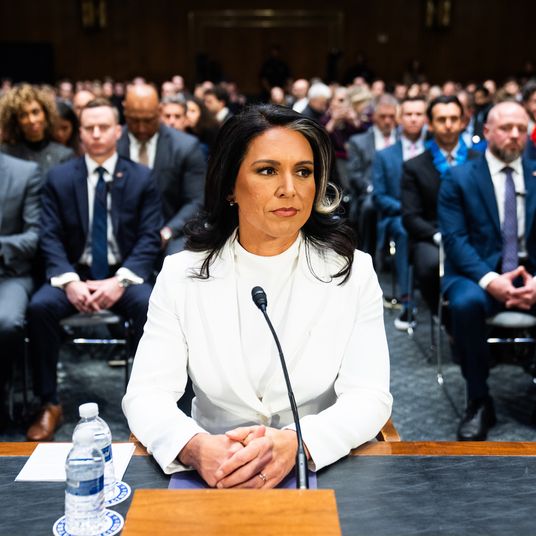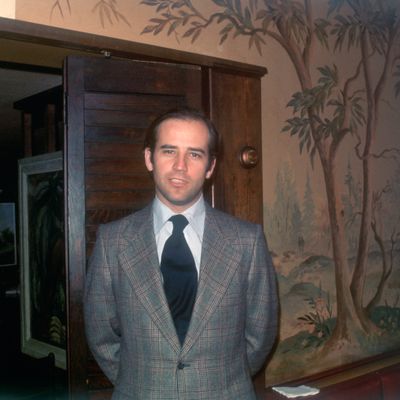
The 2020 Democratic National Convention is the 12th Joe Biden has attended. He’s just missed one since 1972: the 1988 convention in Atlanta, when he was recovering from surgery for a brain aneurysm. That convention ended a cycle that began with Biden making his first race for president, abandoned in embarrassment when it turned out he had cribbed lines from a British Labour Party leader’s speeches. His second presidential campaign, in 2008, ended more satisfactorily, with his selection as Barack Obama’s running mate and his election and reelection as vice-president. But even by then it was obvious the Democratic Party had undergone remarkable changes during Biden’s career — changes that have actually intensified since 2008.
In 1972, the Senate Democratic Conference Biden was about to join famously included notorious racists like Jim Eastland and Herman Talmadge. The Senate itself was under the gavel of Vice-President Spiro Agnew, soon to resign after being caught taking cash bribes in the White House. The assassination of Martin Luther King Jr. was a fresh memory, the Watergate scandal was an ongoing development, and the Vietnam War was still raging with some Democrats as well as Republicans still supporting it.
Later in the 1970s, Democrats sought to thwart the Republican southern strategy by running for president native Georgian Jimmy Carter, whom Biden supported strongly, and by retreating from the more unpopular forms of school desegregation, which Biden stridently opposed. In the 1980s, Democrats rethought the legacy of the New Deal and the Great Society in ways that sometimes seemed innovative but sometimes left Democratic constituencies behind, and Biden was one of those early “neoliberals.” When Bill Clinton and his New Democrats came along to embrace the “economic aspirations and cultural values” of the “forgotten middle class,” Joe Biden was totally onboard. At the 1996 convention, Biden got his first featured prime-time address as the proud author of that mixed legislative bag, the 1994 Crime Bill. By 2000, he joined other Democrats in excoriating Bill Clinton’s sexual misconduct, and by the next convention, he and many other party leaders were defending votes for the Iraq War.
But all those many years, Biden also supported civil rights and voting rights, stood up for unions, defended Social Security and Medicare, and in a thousand ways identified with the working people with whom he had grown up. By the time he was dubbed for a national ticket, he represented every core strength his party retained, and every mistake it had made, over many decades. And he continued to evolve as Barack Obama’s vice-president, often serving as a counselor against military adventures and a loyal friend of the Democratic rank and file.
It’s somehow appropriate, then, that Joe Biden finally won his party’s presidential nomination thanks to unshakable support from the Black Democrats who might have had reason to mistrust him but who believed he could redeem his party and country as he had redeemed himself.
The first convention Joe Biden had the opportunity to direct and shape has been a testament to diversity, racial justice, and activism on health care, the environment, economic equality, gun violence, and above all voting rights, with a Black woman as his running mate. At a convention that is almost as much a tribute to John Lewis as to its presidential nominee, Biden’s Democratic Party isn’t hiding its values or its constituencies in the pursuit of swing voters but is instead inviting swing voters to join his party’s outspoken causes. Just as Donald Trump represented the hideous flowering of five decades of race-based economic royalism, cultural reaction, militarism, and corruption, Joe Biden is the surprising representative of a progressive tradition that is no longer trading its birthright for a mess of transactional pottage. Under the dual shock of the COVID-19 pandemic and Trump’s basic threats to democracy, Democrats have turned to an old reliable warrior who understands he is a purely transitional figure. His apotheosis at a virtual convention dominated by the voices of people of color is the culmination of a journey for Joe Biden and for the Democratic Party that began nearly a half-century ago. No matter what happens in November, there’s no turning back.




